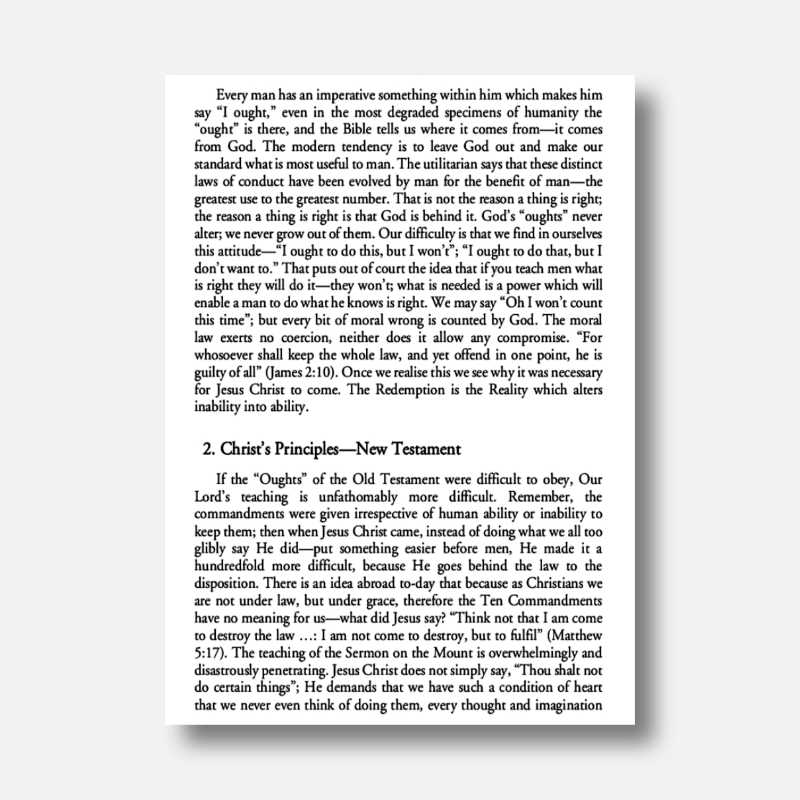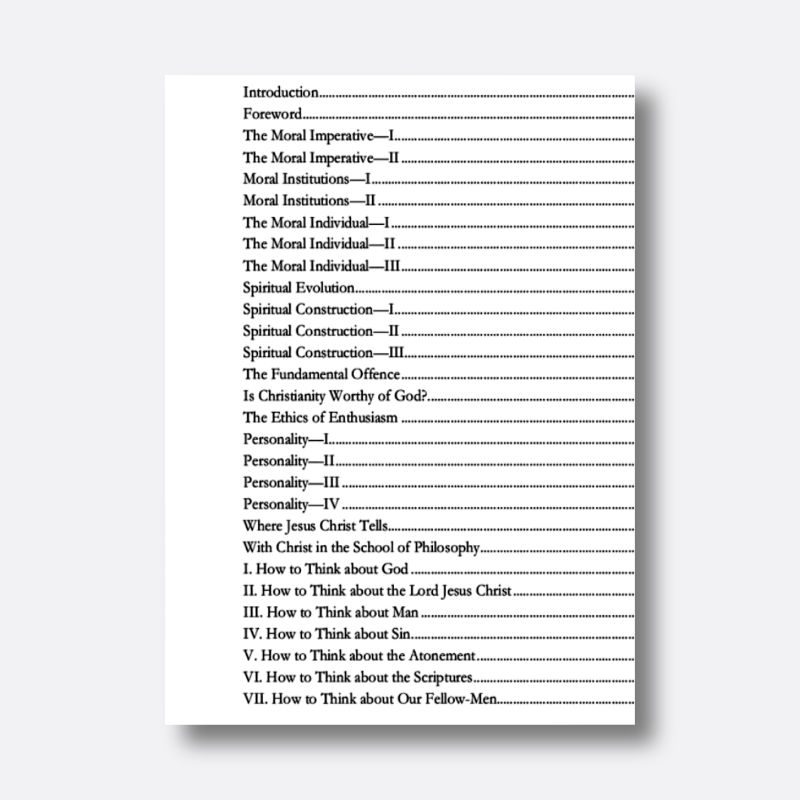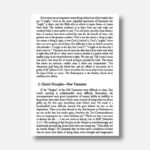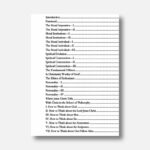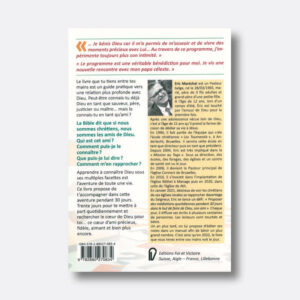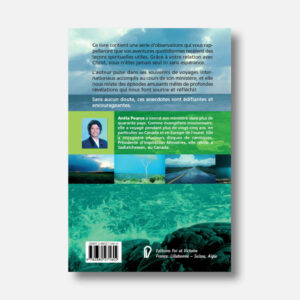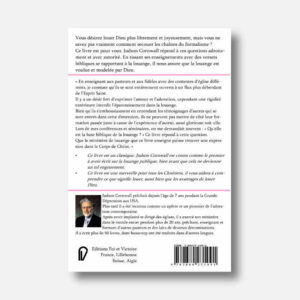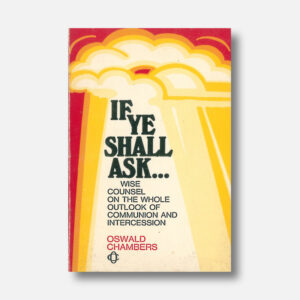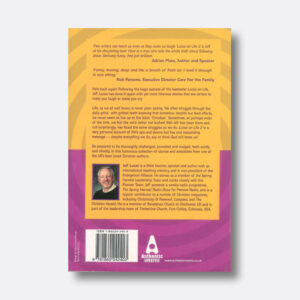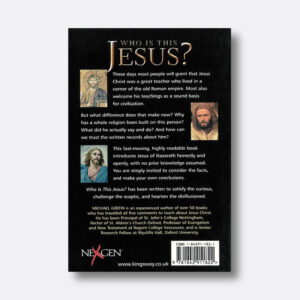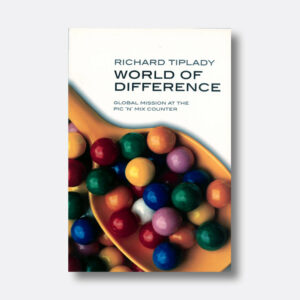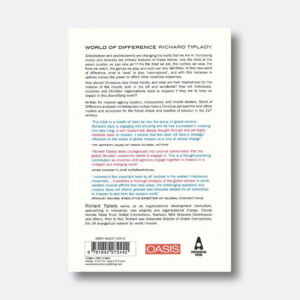This latest book of Talks, Lectures, Addresses, given by Oswald Chambers at different times and in varied circumstances—as when the New Theology was making its shallow appeal in 1909, or in the strenuous days of the Bible Training College in London, or when speaking to the soldiers in Egypt in 1917 (just before his own Home-call)—covers a wide range of religious thinking.
The earlier chapters on Biblical Ethics remind us that the ultimate aim of Christ’s Atonement is that God may readjust man to Himself. That calls for a moral response on our part, involving thought and feeling and will. And we need to recognise the ethical demands made in the Scriptures on God’s people.
Our Lord gave us the Sermon on the Mount; it appears in the beginning of St. Matthew’s Gospel. He also taught what appears later in the Gospel, that “the Son of Man must suffer many things … and be killed, and the third day be raised up” (Matthew 16:21); and that His Life would be “a ransom for many” (Matthew 20:28). The former without the latter would mock us. Oswald Chambers based all on the Atonement.
I have found in this book some of the most arresting truths I have yet met with. Those who have been most helped by the O.C. literature already published will find fresh pastures here. For he was indeed a scribe bringing forth “out of his treasure things new and old,” whose ideas never become obsolete or stale, as he is divinely enabled to see old and precious things in new relationships. May God make this book to be a blessing to many.
David Lambert
Biblical Ethics
2,00€
The ultimate aim of Christ’s Atonement is that God may readjust man to Himself
Ed. Marshall, Morgan & Scott
Plus que 1 en stock
| Poids | 0,080 kg |
|---|---|
| Dimensions | 11 × 17,5 cm |
| Auteur |
Oswald CHAMBERS |
| Nombre de pages |
125 |
| Format |
110*175 |
| ISBN |
0551 055197 |
| Date de 1ère parution |
1975 |
humanity the “ought” is there, and the Bible tells us where it comes from—it comes from God. The modern tendency is to leave God out and make our standard what is most useful to man. The utilitarian says that these distinct laws of conduct have been evolved by man for the benefit of man—the greatest use to the greatest number. That is not the reason a thing is right; the reason a thing is right is that God is behind it. God’s “oughts” never alter; we never grow out of them. Our difficulty is that we find in ourselves this attitude—“I ought to do this, but I won’t”; “I ought to do that, but I don’t want to.” That puts out of court the idea that if you teach men what is right they will do it—they won’t; what is needed is a power which will enable a man to do what he knows is right. We may say “Oh I won’t count this time”; but every bit of moral wrong is counted by God. The moral law exerts no coercion, neither does it allow any compromise. “For whosoever shall keep the whole law, and yet offend in one point, he is guilty of all” (James 2:10). Once we realise this we see why it was necessary for Jesus Christ to come. The Redemption is the Reality which alters inability into ability.
2. Christ’s Principles—New Testament
If the “Oughts” of the Old Testament were difficult to obey, Our Lord’s teaching is unfathomably more difficult. Remember, the commandments were given irrespective of human ability or inability to keep them; then when Jesus Christ came, instead of doing what we all too glibly say He did—put something easier before men, He made it a hundredfold more difficult, because He goes behind the law to the disposition. There is an idea abroad to-day that because as Christians we are not under law, but under grace, therefore the Ten Commandments have no meaning for us—what did Jesus say? “Think not that I am come to destroy the law …: I am not come to destroy, but to fulfil” (Matthew 5:17). The teaching of the Sermon on the Mount is overwhelmingly and disastrously penetrating. Jesus Christ does not simply say, “Thou shalt not do certain things”; He demands that we have such a condition of heart that we never even think of doing them, every thought and imagination of heart and mind is to be unblameable in the sight of God.†† Who is sufficient for these things—an unsullied purity that never lusts, a forgiving disposition that loves its enemies, a generous spirit that “taketh not account of evil” (rv)? That standard can produce only one thing in an open-eyed man
Vous aimerez peut-être aussi…
Au-dessus de la tempête
Grâce à votre relation avec Christ, vous n'êtes jamais seul ni sans espérance.Ce livre contient une série d'observations qui vous rappelleront que vos aventures quotidiennes recèlent des leçons spirituelles pratiques. Anita Pearce puise dans ses souvenirs de voyages internationaux, et elle nous relate des épisodes amusants mêlés de profondes révélations qui nous font sourire et réfléchir. Sans aucun doute, ces anecdotes sont édifiantes et encourageantes.



